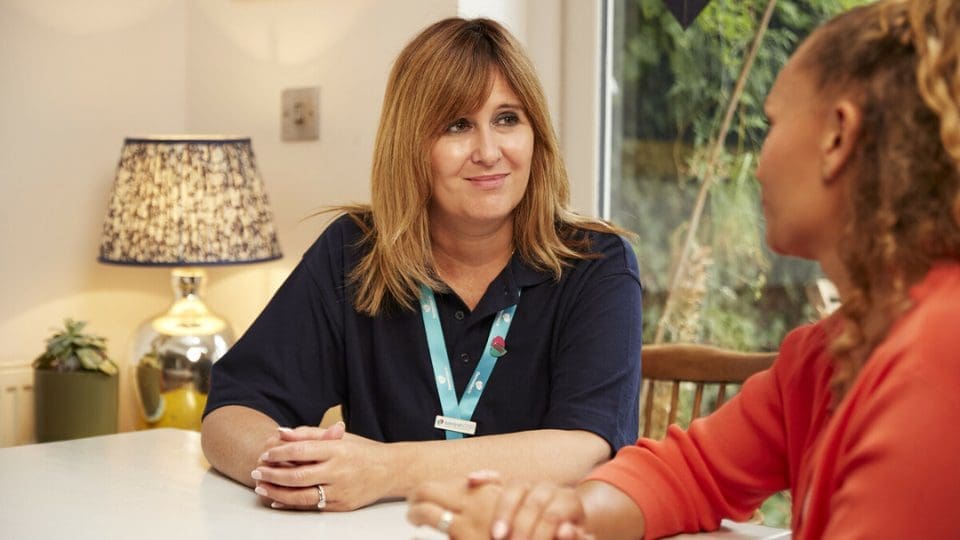
What is an Admiral Nurse and how can they help?
An Admiral Nurse is a dementia specialist nurse that provides life-changing care for families affected by all forms of dementia.
The families we support in the UK can often feel bewildered in a fractured care system, which has become even more so in light of coronavirus. Some families in the UK can even feel that they have no other option but to consider care alternatives abroad.
In this regard, we spoke to director Kristof Bilsen to find out a bit more about what led to the creation of his film ‘MOTHER’, which looks at transnational perspectives within dementia care. It presents Pomm, a professional carer for an elderly care facility in Thailand and mother of three children. The film also follows a family from Switzerland with the mother, Maya, diagnosed with young onset dementia. It follows their journey to Thailand and the care eventually provided to Maya by Pomm.
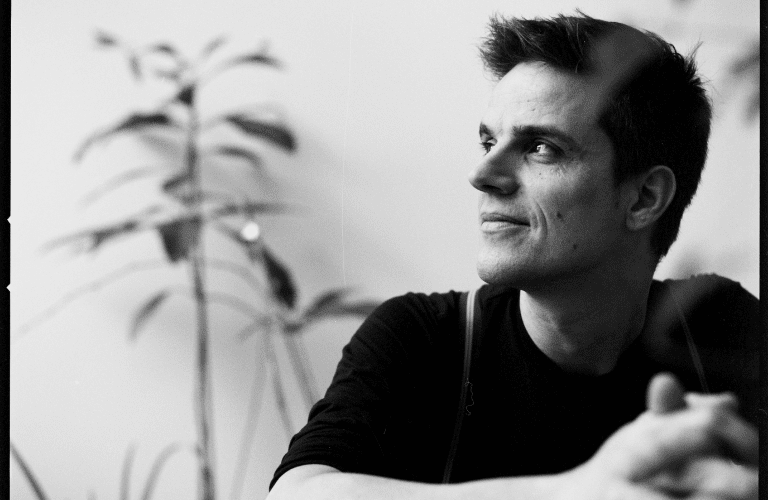
Director of ‘MOTHER’ Kristof Bilsen. Photo credit: Alexia Leysen
I’m a director and producer with a specialism in documentary filmmaking. I did my first feature-length documentary in 2014 – an international co-production between the UK and Belgium called ‘Elephant’s Dream’ about the life and struggles of three public sector workers in Kinshasa, DR Congo, the former Belgian colony. I opened my own film company called Limerick Films in the same year which was responsible for bringing ‘MOTHER’ to your screens.
I was struggling about how to go about giving care to my own mother. She was living with various elderly diseases and traits of dementia too. I saw my ageing father struggling as an informal carer. I also have three siblings who are working and having their own families. It’s very tough to decide what is best for your mother but also what is workable for you as a family. Even if we are all based in Belgium, the dilemma was no less difficult.
It was at this moment that I began questioning and researching whether there were any differences to giving care between countries. I found out that Thailand was a place lauded for its physical and gentle approach to care. In fact, there is this irony and ambiguity between what is possible in the East and the West and you do see the interdependency between both parts of the world in the film. Whilst we live in a connected world, it’s painful to see that we don’t have these immediate solutions to the dilemma of elderly care.
Although it was never even an option to have her there, my mother still was aware of the project and she knew that it was very important that the film should be made. She deteriorated and actually a few months before the premiere, she died. The film is a tribute to her spirit.
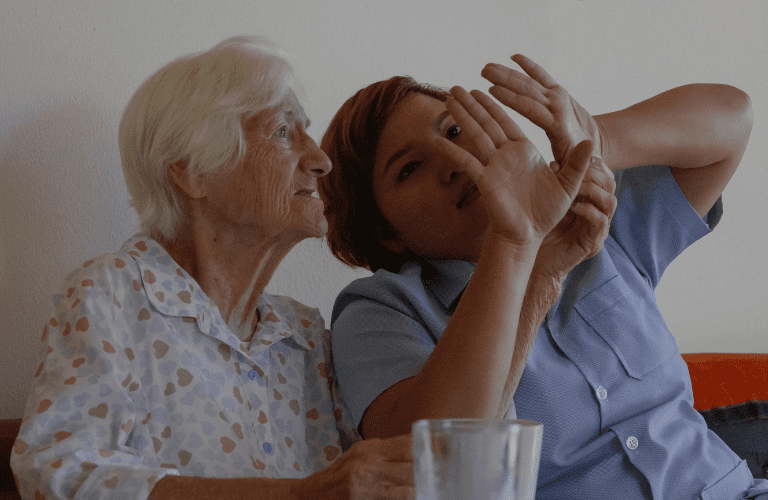
It was very natural to me given that I have personal experience of the issues which the film presents. We originally went to Thailand for two weeks for research to make a small seven minute short. It felt like a good way to start the process as that way we could visualise what and who exactly we wanted to present.
One of the first people we met was Pomm who works in a care centre for Europeans with Alzheimer’s. We saw her providing care to Elisabeth, the elderly lady in the film from Switzerland from another family. This physical encounter was reminiscent of a very natural and intimate interaction between grandma and granddaughter. It was a platform for Pomm to speak about her own challenges around motherhood.
Martin, a Swiss man, who is the owner of the care home, actually started the place because of the difficulties in providing care for his own mother. He took his mother to Thailand because he was seemingly out of options in Switzerland and he knows the country well, as he used to work there as a psychotherapist for Médecins Sans Frontières (MSF). We talked to him about potential patients who would move from Switzerland to Thailand knowing that it would make a very good narrative arc.
He told us about Maya, the mother of three daughters in the film. I thought this resonated perfectly with Pomm’s situation as she was the mother of three kids as well. I flew to Switzerland and spoke to the family about my own challenges, in addition to showing them the short so they’d have an idea of what we would film. They found it so positive and it was clear that their story would run in parallel with Pomm’s story.
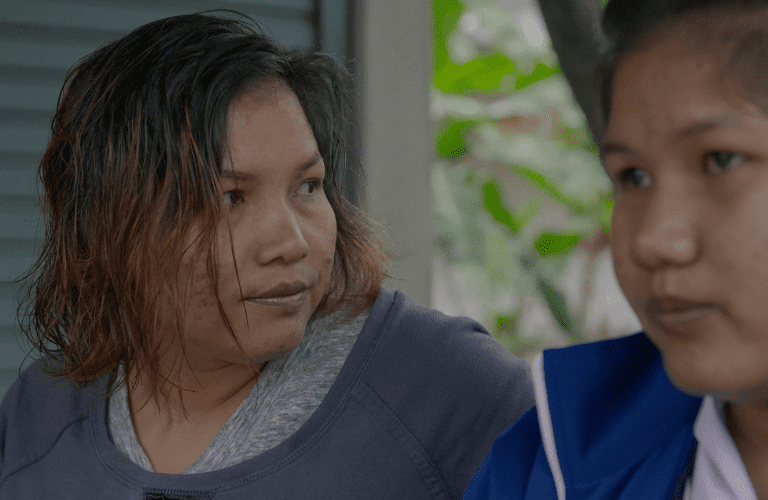
This approach originally allowed us to keep track of the story without us being there. We decided to give Pomm the camera so she could film her interactions and the struggles she went through. Pomm gave personal and very moving clips of her own personal life and struggles, including with her loved one Nadia. It became clear to us that this film couldn’t be made without her personally filmed contributions. It should be told from a Thai perspective as much as possible to open up conversations around different approaches to care in the world and shift the Western gaze.
We filmed the Swiss family ourselves as it was not only easier and more practical but I could resonate with their experiences as I was going through a similar process at that time. To me, it would have seemed contrived for the family to have the camera as well.
One of the key phrases which springs to mind is that it takes a village to raise a child but it also takes a whole village to take care of the elderly. We all want to be eternally young and on this linear road to success but actually growing older and finding out that this route can be reversed can be very tough. One of the key things which I learnt from this film is that it’s very inspiring to be around the elderly and around people with dementia. It urges you to slow down and to really look at what they need and the world they live in here and now.
It also makes you question the role of the carer and the future you have with your family; how you see your friends; how you go about your work. One main theme is how we speak about dementia. The conversation should be about acceptance and giving space and time to the elderly and truly making them a part of our society.
The current situation with coronavirus has brought these issues into the spotlight. It has shown up the underfunding within older people’s homes and the desperate need to rethink our care system. I hope this pandemic makes us aware of the needs to invest in elderly care and care in general.
After working on the film, what would you say are some of the main differences between approaches to dementia care in the East and West?
There is this element in the East of things being circular rather than linear; a more open understanding that the parents take care of children and the children take care of parents as they grow older. And a more fundamental awareness of the need to be tactile in care. There are however different family structures, with many family members undertaking numerous jobs. This struggle with combining family working life with elderly care in the East means that the ideal of elderly care can be challenging.
MOTHER will be available for purchase through Verve Pictures, on both DVD and VOD, on Itunes and Amazon, starting Monday 23rd November.
More info: www.motherthedocumentary.com and www.vivaverve.com/film/mother.
For institutional/educational sales, do contact production@limerickfilms.com.

An Admiral Nurse is a dementia specialist nurse that provides life-changing care for families affected by all forms of dementia.
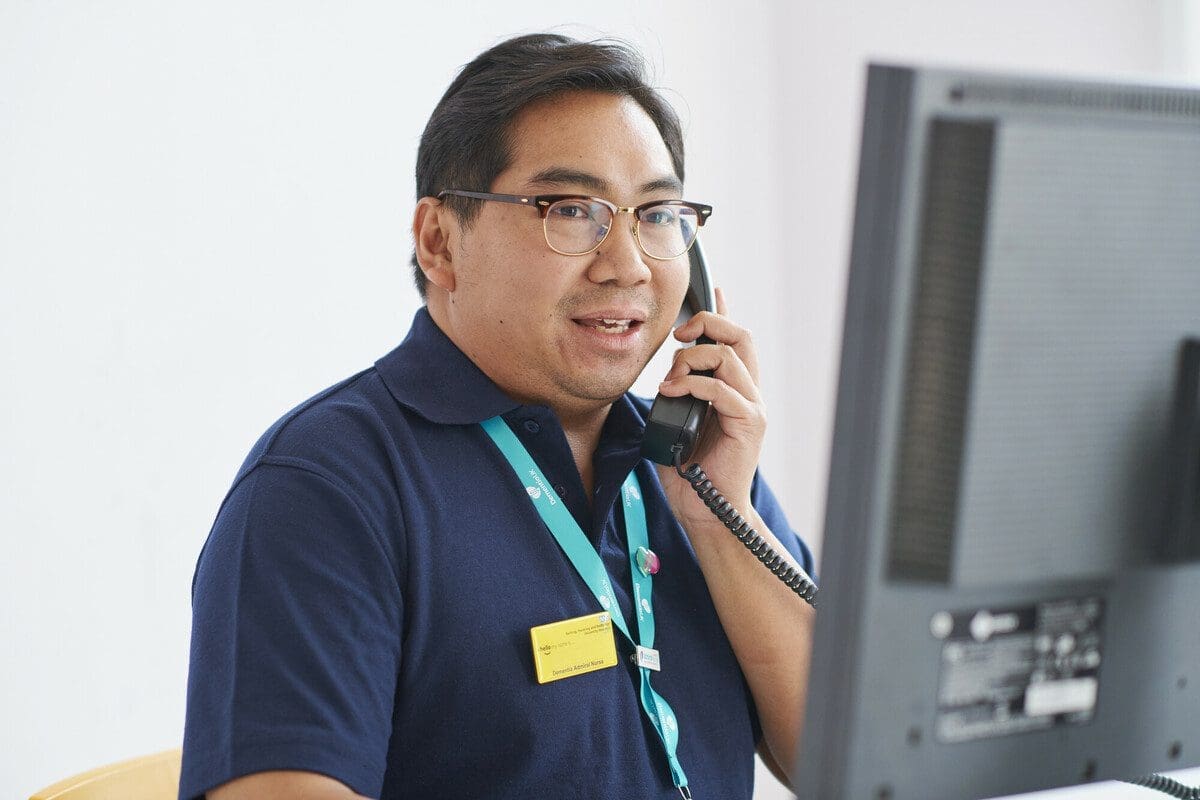
Call or email our Dementia Helpline/Alzheimer's Helpline for reassuring and practical advice from our specialist team of Admiral Nurses.